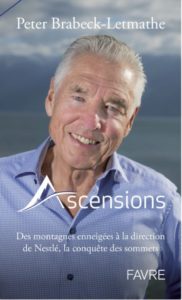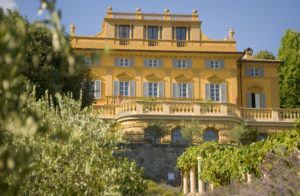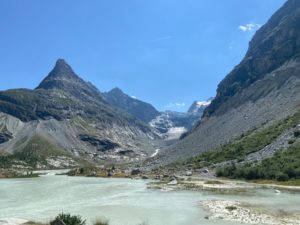In this book, subtitled "Des montagnes enneigées à la direction de Nestlé", la conquête des sommets, published by Favre in Lausanne in 2020, the former Nestlé boss describes his career, marked by his rise to the top of Nestlé, but not only that.
An inspiring book: Ascensions by Peter Brabeck-Lethmate
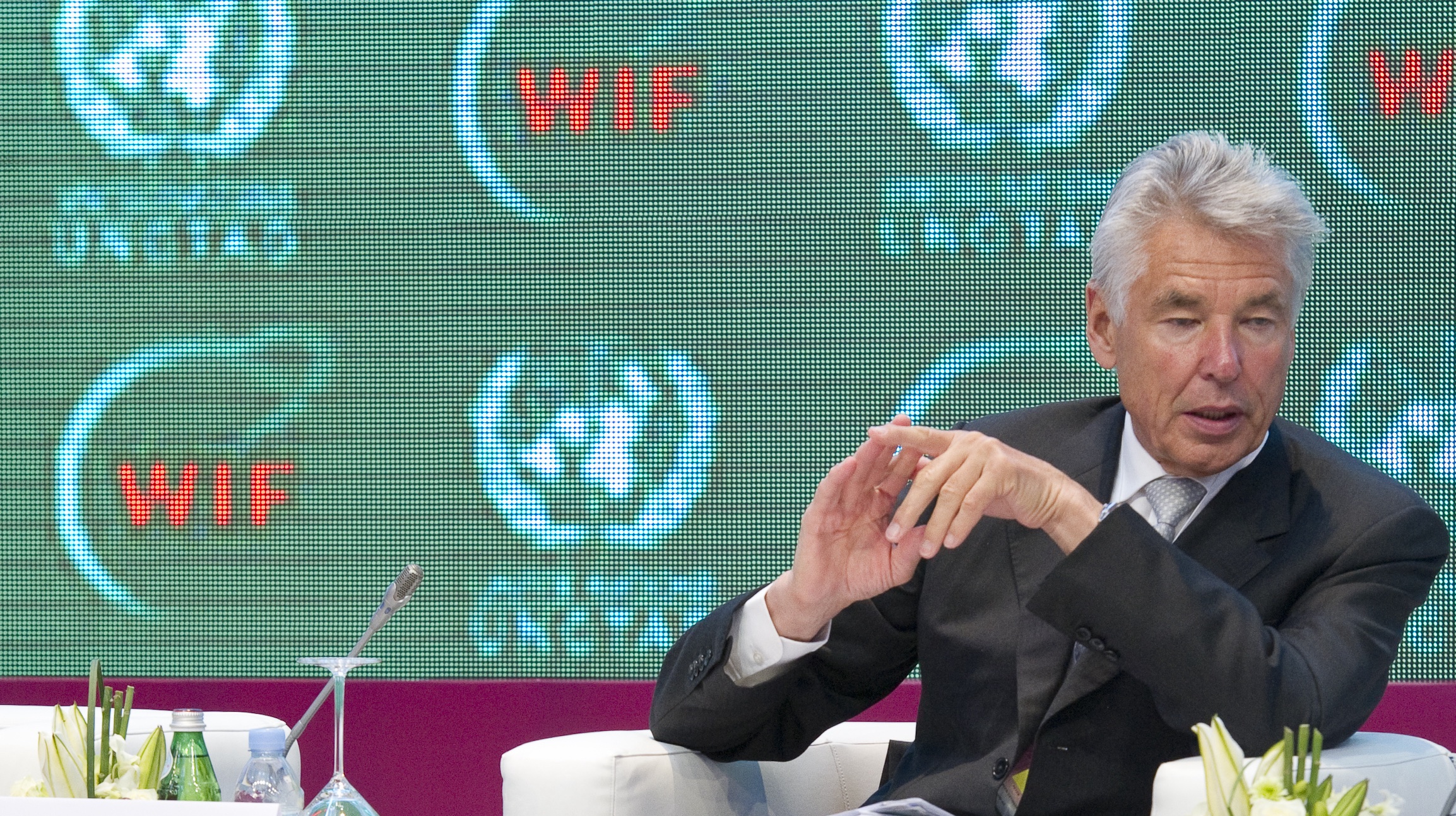
Born just before the end of the Second World War in Villach in Carinthia (Austria), he begins by recalling the time when he travelled around his home province at the wheel of a lorry, selling ice cream, and the experience of customer contact he gained.
From his military service in the mountain troops, which he completed just after his school-leaving certificate, he would later learn a lesson: “always avoid military-style structures so as to be able to foster a climate conducive to creativity and autonomy” (p.22). He goes on to tell how, thanks to his parents, he loved the mountains from an early age. This love of summits led him to take part with a small group of friends in an expedition to the Hindu Kush, during which two of his companions, who had set off to climb the 7708-metre Tirich Mir, never returned.
This tragedy left a deep impression on him. Nevertheless, Peter Brabeck left for Latin America, attracted to the Andes. It was in Chile, Ecuador and Venezuela, with a few trips back and forth between the Vevey headquarters and Latin America, that his career at Nestlé began.
He then tells the story of how, back in Vevey and in charge of Nestlé’s culinary products division, he built up the image of the Buitoni brand by having the house of this well-known family bought and restored. He turned it into a symbol of the brand (“Della casa Buitoni”). This success helped to raise Peter Brabeck’s profile within Nestlé.
His predecessor at the head of the company, the German Helmut Maucher, also a self-made man, placed his trust in him and the two men got on very well. Maucher later played a major role in Peter Brabeck’s promotion to the top job at Nestlé in 1997.
As Helmut Maucher had greatly expanded Nestlé through the acquisition of numerous brands – Nestlé now has up to two thousand – Peter Brabeck devoted a great deal of effort during his years at the head of the company to structuring the brand portfolio and spreading the corporate culture within the acquired entities. This led him to meet a great many Nestlé managers, both during seminars at the company’s training center near Vevey and in the field in the four corners of the world. The Nestlé Management and Leadership Principles document has also helped to strengthen the corporate culture within the multinational.
In the rest of the book, the author explains the vital role of innovation (Nespresso, the shift towards nutrition and nutraceuticals) and the concept of shared values: “A company’s economic objectives must be to create sustainable values for everyone involved: employees, consumers, business partners, shareholders and regional economies. Together, we must create and share these values“. (p.159)
He also refers to the dialogue established with NGOs, which were often highly critical of Nestlé, quickly realizing that these questions should not be ignored, but taken into account in order to improve.
Peter Brabeck became Chairman on the retirement of Helmut Maucher, and for a number of years wore two hats (Director and Chairman), until Paul Bulcke was appointed to head the company. He was heavily criticized for this at the time, and in the book he explains the reasons for this temporary combination.
The period during which he held the sole chairmanship gave him the opportunity to be more active in many economic and political circles, and to commit himself to a more rational use of water, which he was one of the first to realize was a resource threatened by climate change and wastage.
The final pages of the book are devoted to his illness and recovery, as well as his activities as an investor in various fields.
In the title of this article, I described the book as inspiring. How do I see it?
I see three areas that can inspire anyone:
The first is the ability to disconnect from one’s professional activities by engaging in numerous sporting activities (in this case, mountain walking, skiing, driving, motorcycling, etc.). Indeed, what the Anglo-Saxons refer to as work-life balance is a widely debated theme in today’s professional world and appears to be an antidote to burn-out.
The second is the ability to learn from mistakes and draw lessons from them. Peter Brabeck has also experienced a few failures, some of which are briefly mentioned in the book.
The third is openness of mind, and particularly openness to dialogue with NGOs. Establishing such a dialogue was far from self-evident in the world of multinationals at the time.
In conclusion, I can only invite you to read this book!
Crédits photo
- Peter Brabek au World Investment Summit – Wikimedia commons
- Casa Buitoni – Flickr
- Glacier – Lemania Group of Schools
Other posts
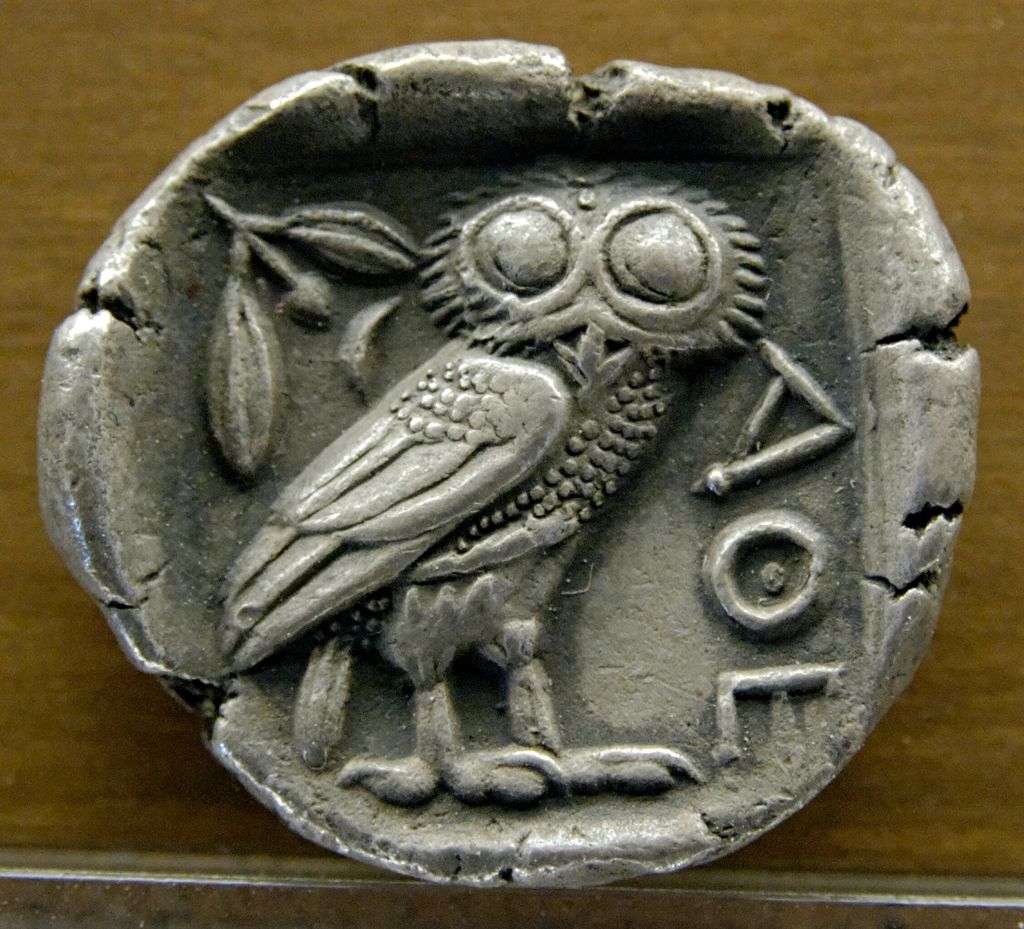
Discover the Story of Mina, the AI of Lemania
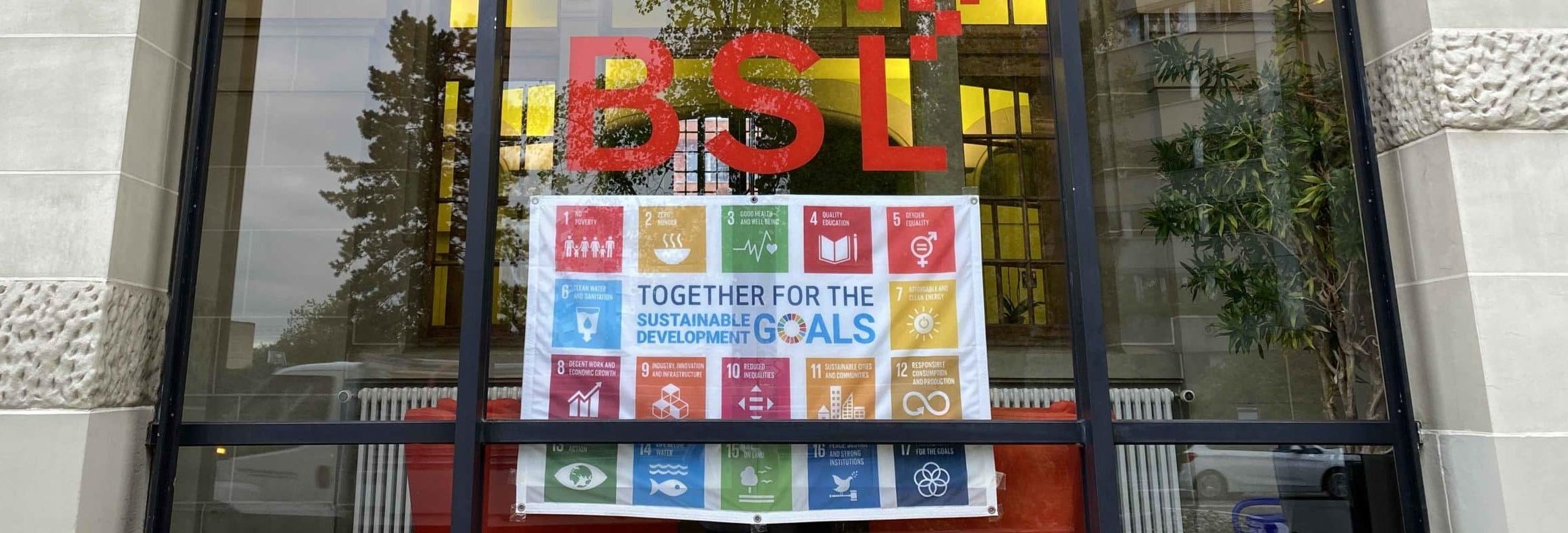
Climate Change: Why We Shouldn’t Be Discouraged Despite Trump’s Return to Power

We are not condemned to choose between happiness and ecology

When the vocational training is just a first step

Writing by hand helps you remember, or the proper use of tablets
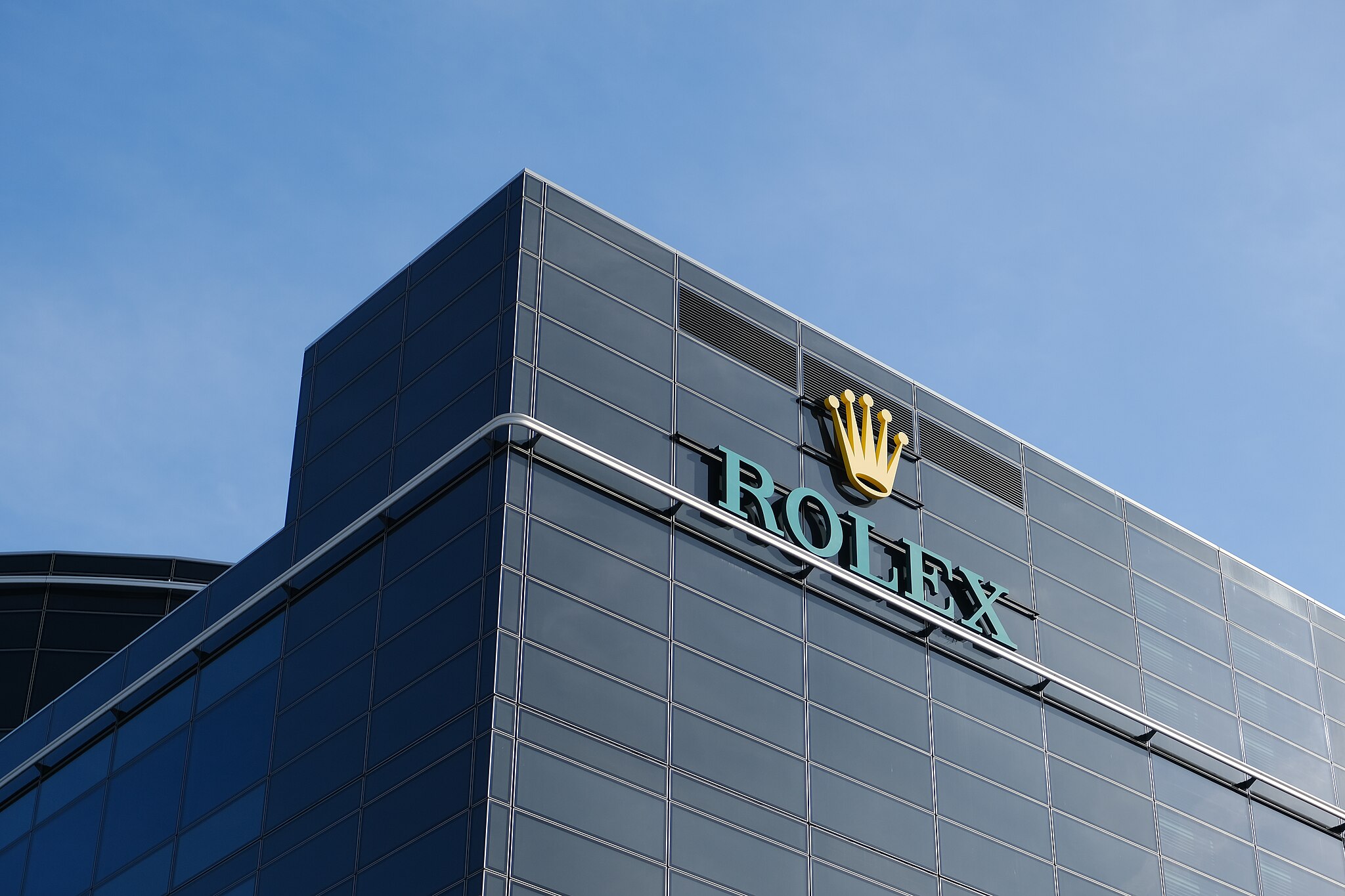
Ovomaltine, Rolex, Nescafé, Swatch or Nagra. What do they all have in common?

